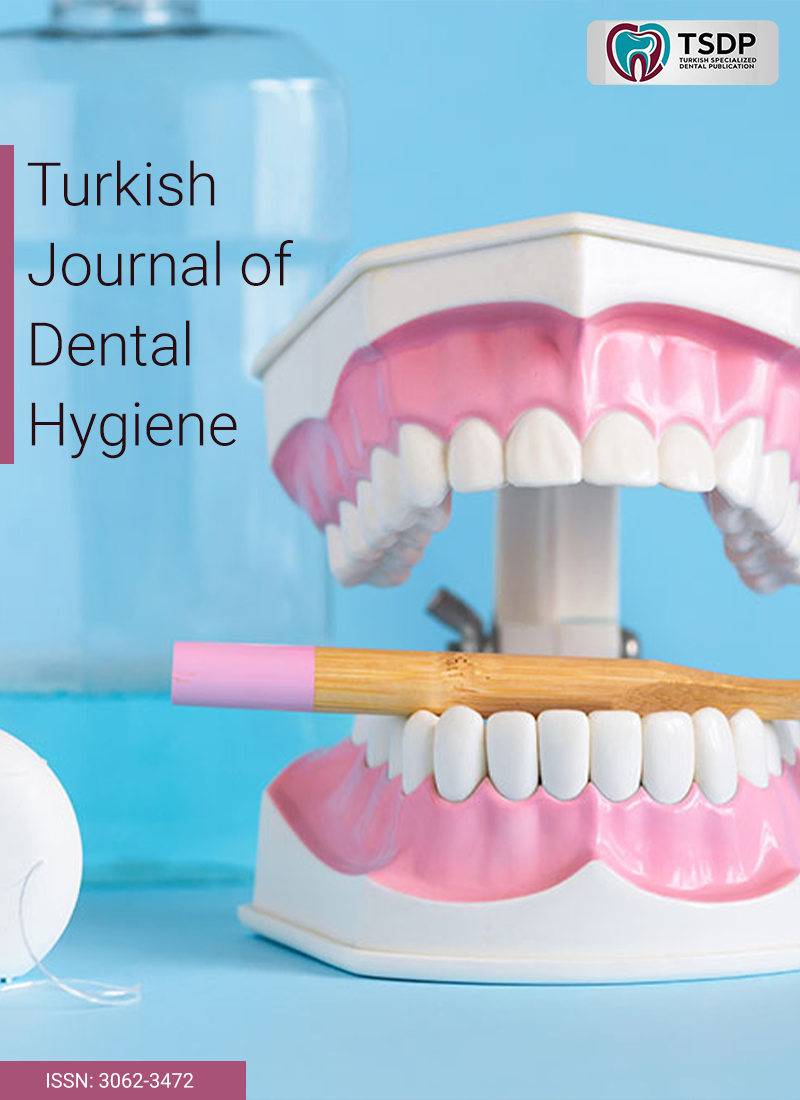
Dental caries affects children's and parents' quality of life, oral health, and overall health, and can interfere with daily activities and children's development. This research aimed to study the association between the severity of dental caries and the quality of life of preschool children. This cross-sectional, descriptive epidemiological study was done on 145 parents and children. The ECOHIS (Early Childhood Oral Health Impact Scale) questionnaire was utilized to assess oral and dental quality of life. Demographic information of children and parents and the DMFT (decayed, missing, filled teeth) index were also determined in children. Statistical analyses included descriptive statistics and Spearman and Pearson correlation coefficients. The mean age of the children studied was 4.12 ± 1.2 years. 49.65% of children (72 children) were boys and 50.34% of children (73 children) were girls. Overall, based on the results of our study, the mean ECOHIS was 39.18 ± 69.95. There was a significant relationship between lower quality of life with younger age of children, lower education of parents, and higher number of decayed teeth (P < 0.01). Based on the results of the current study, the severity of dental caries affects the quality of life of children, and with an increase in the number of decayed teeth, lower socioeconomic status of parents, and older age of parents, the quality of life of children decreases.